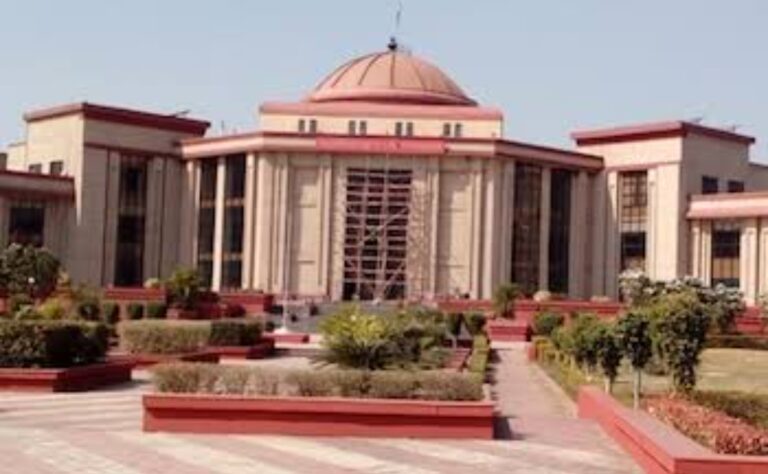In a significant ruling, the Chhattisgarh High Court has held that penalty under Section 271(1)(c) of the Income Tax Act cannot be imposed in cases of voluntary disclosure and bona fide errors. The court clarified that mistakes made without any fraudulent intention, especially by government entities, should not attract penal provisions under the Act.
High Court Ruling: A Relief for Government Entities
The division bench comprising Justice Sanjay K. Agrawal and Justice Deepak Kumar Tiwari ruled in favor of the assessee in the case titled Chhattisgarh State Power Transmission Company vs. DCIT (TAXC No. 91 of 2024), dated April 9, 2025. The court quashed the penalty of Rs. 2.72 crore imposed by the Assessing Officer (AO) under Section 271(1)(c), which had been upheld by the Income Tax Appellate Tribunal (ITAT).
Background of the Case
The appellant, Chhattisgarh State Power Transmission Company, a government company under Section 2(45) of the Companies Act, 2013, is engaged in the business of providing high-voltage power transmission services across Chhattisgarh.
During the assessment year, the company filed its return along with a Tax Audit Report in Form 3CA/3CD under Section 44AB of the Income Tax Act, reporting a net profit of Rs. 3574.90 lakhs. However, due to an inadvertent data entry error, there was a mismatch in the computation of book profits under Section 115JB.
Upon realizing the mistake, the company voluntarily disclosed the correct figures before the Assessing Officer on November 22, 2019, along with a revised computation. Despite the voluntary correction, the AO initiated penalty proceedings under Section 271(1)(c), alleging furnishing of inaccurate particulars of income.
ITAT vs CIT(A): Divergent Views
While the CIT (Appeals) accepted the appellant’s explanation and dropped the penalty proceedings, the ITAT reversed the CIT(A)’s decision, citing a book profit variation of around Rs. 8.84 crore, and reinstated the penalty.
High Court’s Observations
The High Court held that:
-
The discrepancy was a result of a bonafide data entry error during return filing.
-
The Tax Audit Report had already disclosed the correct figures before the assessment began.
-
The assessee voluntarily disclosed the correct book profits, indicating no intention to conceal income or provide inaccurate details.
-
The error was not deliberate or with mala fide intent, especially considering the appellant is a government company.
Final Verdict
The High Court concluded that the assessee’s actions did not fall within the ambit of Section 271(1)(c). It reinstated the order of the CIT (Appeals) and set aside the ITAT’s penalty order, offering significant relief to the appellant.
Key Takeaways
-
Voluntary disclosures and bonafide mistakes are not punishable under Section 271(1)(c) of the Income Tax Act.
-
Government entities and other assessees must ensure timely correction of errors but will not be penalized for genuine mistakes.
-
Courts will consider the intent and conduct of the assessee while interpreting penal provisions.
Case Summary
-
Case Title: Chhattisgarh State Power Transmission Company vs. DCIT
-
Case No.: TAXC No. 91 of 2024
-
Court: Chhattisgarh High Court
-
Date of Judgment: April 9, 2025
-
Judges: Justice Sanjay K. Agrawal and Justice Deepak Kumar Tiwari
-
Counsel for Appellant: Nikhilesh Begani
-
Counsel for Respondent: Ajay Kumrani
READ MORE
GST Exemption on Printing & Scanning Services for Exams: Tamil Nadu AAR Ruling
